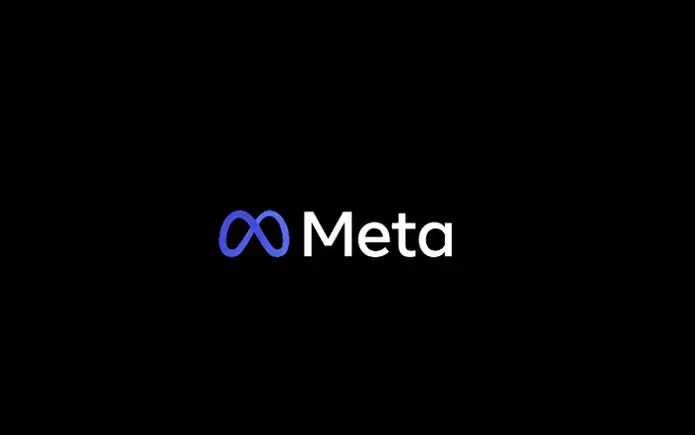The political environment surrounding major social media platforms is often tumultuous and complex. With Donald Trump’s recent re-election, Meta, the parent company of Facebook and Instagram, has begun reshaping its operational and strategic vision to adjust to a potentially more favorable relationship with the incoming administration. This article takes a closer look at the implications of Trump’s return on Meta’s business, especially focusing on its new board member appointments and the future of political content on its platforms.
In light of Trump’s reasserted presence in U.S. politics, Meta has made headlines by appointing three notable individuals to its board, including Dana White, CEO of the UFC. White’s strong ties to Trump, including his support during the Republican National Convention and involvement in Trump’s political campaigns, signal a strategic pivot for Meta—one that seeks to align itself more closely with the new political landscape. In addition to White, Meta has brought on corporate leaders like Exor CEO John Elkann and investor Charlie Songhurst, whose influences could guide a re-evaluation of Meta’s political strategies.
The decision to bring White onboard is remarkable, particularly given Trump’s past threats towards Mark Zuckerberg and Meta as a whole over accusations of political bias. By incorporating pro-Trump voices into its leadership, Meta seems to aim for reconciliation and a smoother operational trajectory in dealing with the Trump administration—perhaps even mitigating past grievances.
Meta’s attitude toward political discourse has been a contentious topic over the last few years. In response to increasing scrutiny and backlash, the company took a hands-off approach, seeking to limit the reach of political content on its platforms. This was seen as an effort to reduce divisive discussions and the risk of misinformation. However, with the recent board appointments, there’s speculation that Meta may be reconsidering this tactic.
The company’s prior decision to make political material opt-in was seen as a double-edged sword. While it allowed users to choose whether they wished to engage with political content, it also hampered engagement on platforms like Threads, Meta’s Twitter-like app, where real-time updates are crucial. Notably, the implications of these board changes could mean that Meta may soon relax its restrictions on political discussions, re-introducing a more vibrant space for political dialogue.
Meta’s substantial user base of over 3 billion individuals makes it a considerable force in shaping political narratives. The platform’s ability to disseminate information can significantly impact political campaigns and elections. Given this immense reach, aligning oneself with a political ally could enhance Meta’s influence during this new era.
A notable consideration is how Trump’s previous behavior on social media resulted in backlash against Meta. During his presidency, Trump faced repeated sanctions from Facebook due to his controversial posts, which further fueled his creation of Truth Social, a platform intended as a direct counter to mainstream social media. The current landscape, however, is different. Trump is increasingly tied to Truth Social, potentially reducing his dependency on Meta to reach supporters. This evolution raises questions about the nature and extent of Meta’s political moderation and the potential for future conflicts.
As Meta looks to consolidate its position, the influence of loyal Trump allies like Dana White could have profound implications. While the addition of such figures might enhance Meta’s relationship with the Trump administration, it also presents a complex challenge regarding free speech and content moderation. The company must strike a balance between encouraging open dialogue and recognizing the responsibilities it bears in curbing misinformation and harmful rhetoric.
Moreover, the next few years will likely present challenges, especially if Trump persists in his tendency to share controversial opinions that could incite backlash or violate community guidelines. How Meta responds to these situations will play a critical role in shaping its reputation and operational policies moving forward.
Concluding Thoughts: A New Era for Meta
The trajectory of Meta in the wake of Trump’s recent re-election is poised for significant change. With a focus on aligning itself politically, the platform may find itself navigating tricky waters that require careful management of content and user engagement. The board’s recent appointments highlight a willingness to embrace a different corporate philosophy, one that may re-open paths for political discourse within its ecosystem.
Whether this shift towards a more lenient stance on political discussions will benefit or harm Meta in the long run remains to be seen. Nevertheless, the implications of these changes have the potential to redefine the relationship between social media platforms and the political landscape in America. Balancing these dynamics will require vigilance, adaptability, and an unwavering commitment to fostering healthy discourse in the digital age.

